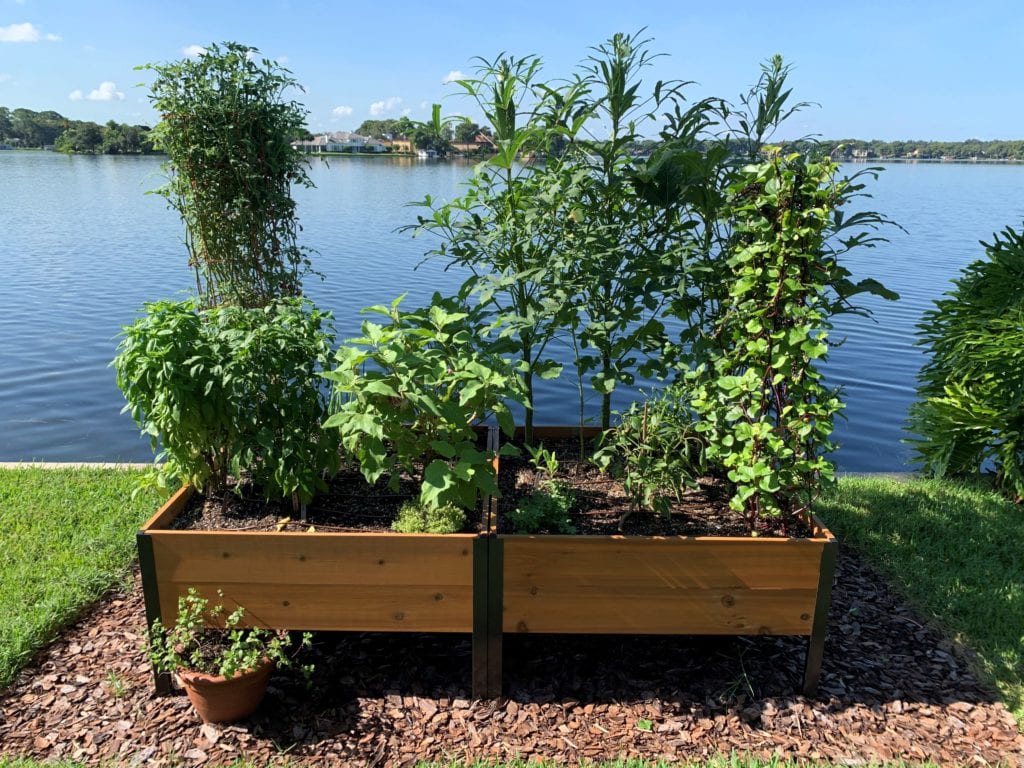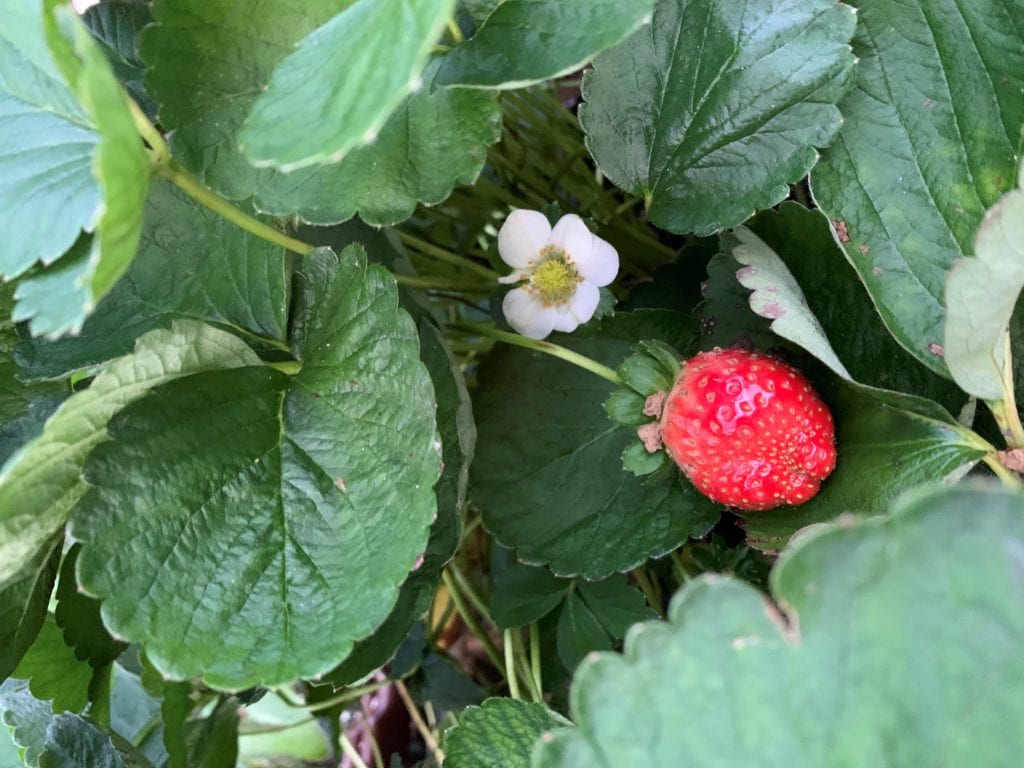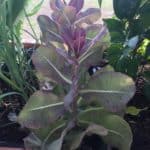How is your garden soil structured? And what does soil structure really mean anyway? In Florida, we have sandy soil and soil with clay in many regions. These two soil types are not typically high in the nutrients needed to grow healthy vegetable plants. This means if we want to plant anything in the ground, we typically need to add nutrients. If planting in containers or elevated gardens, we are responsible for adding everything to the garden, so it’s important to understand what each plant needs. It’s not as simple as potting mix, fertilizer, and compost – but that’s a good start. So what nutrients do we need to add? The answer is: It depends.
An easy place to start is with an at-home soil test. You can also contact your local Extension Office, and for a small fee, a master gardener can help you take a soil sample and send them off to the University of Florida for an analysis that takes a week or two. This will give you the basics as far as the amount of macronutrients – nitrogen, phosphorus, and potassium (NPK) – as well as the overall pH of the soil. Then, you know the starting place for which nutrients need to be added to the garden soil. The results will also include the levels of different micronutrients in the soil; this is a more advanced result than what you get from an at-home test.
Different plants are going to have different requirements for nutrients. pH is how alkaline or acidic the soil is. The optimum pH for soil is between 5.8 and 6.3. The pH of the soil can vary for different plants to thrive. For example, tomatoes like soil that is slightly acidic. You can make soil more acidic in a particular area of the garden by adding coffee grounds once a month around the dripline of the tomato plant. Acidity in soil can also be reduced by adding dolomitic lime, which will also increase calcium and magnesium in the soil.

In general, fertilizers provide the nitrogen, phosphorus, and potassium needed in the soil. The requirements for the macronutrients vary in different plants. Some plants need more nitrogen than others. Nitrogen helps the plants to grow tall and leafy. Beans and peas don’t need as much nitrogen because they are actually nitrogen-fixing plants. This means they’re able to take nitrogen from the atmosphere and convert it into nitrogen in the soil. They actually create their own nitrogen. Pretty amazing, huh?
Phosphorus helps the plant have strong, healthy roots, which is important for all plants but especially root vegetables. Organic bone meal can be applied to the soil to increase the amount of phosphorus present.
Finally, there’s potassium that helps a plant develop flowers and fruit. It’s especially important to ensure the plant has the appropriate amount of potassium before it’s getting ready to start producing its first round of veggies. Then, of course, the garden needs a steady supply of nitrogen, phosphorus, and potassium continuously throughout the season.

The micronutrients needed for the garden are typically present in organic fertilizer, compost, and worm castings. Micronutrients include calcium, boron, magnesium, and zinc, to name a few. Small amounts of these minerals are necessary in the soil. Organic azomite is a good source of micronutrients.
Having all of the mineral elements present in the soil is very important. However, the plants also need good bacteria and mycorrhizal fungi to be able to absorb the needed elements through their root systems. Compost and worm castings should be added to the garden soil in advance through weeks of planting to allow the soil ecosystem to begin to form and the good bacteria and fungi to grow and flourish. This combination of mineral elements with dirt, bacteria, and fungi work together to create a soil ecosystem that is referred to as the soil structure. All components are crucial to the success of vegetable plant growth and productivity.
If this all seems overwhelming, don’t worry. Just call your local Extension Office and a master gardener can help you through the process. You can also call Sungold Gardens, and we’ll teach you every step of the way. Happy spring gardening!

Amber Harmon is the founder and president of Sungold Gardens, formerly My Nona’s Garden, where they install and service low-maintenance, elevated, organic vegetable gardens. If you want a lush, self-sustaining food supply but don’t have the time or know-how, we’ll build your dream garden and grow you delicious, nutrient-dense organic produce, right in your own yard or business location.
Visit www.SungoldGardens.com for more information.
“We make organic vegetable gardening EZ!”


